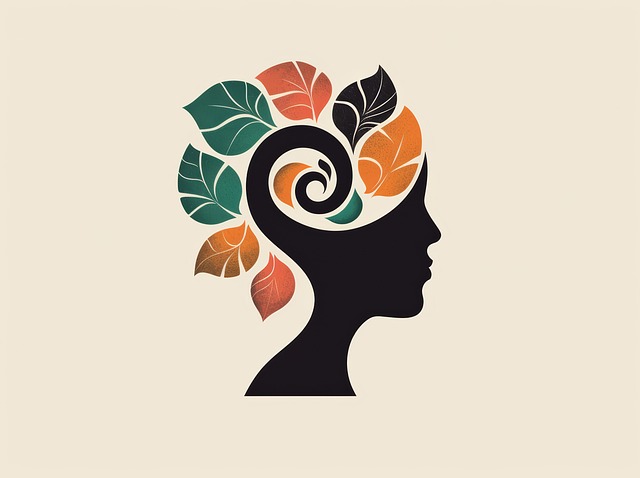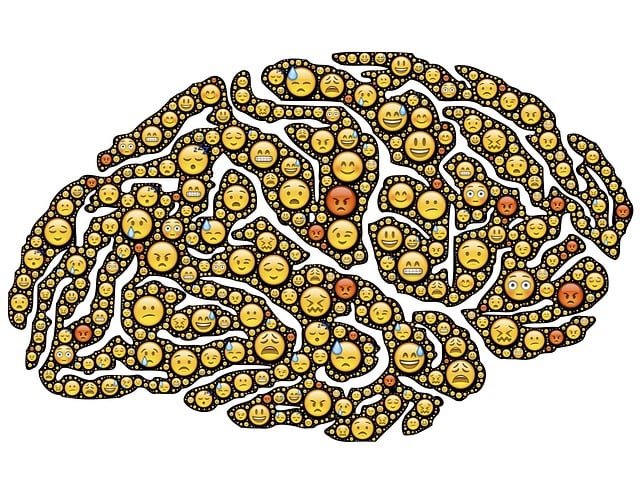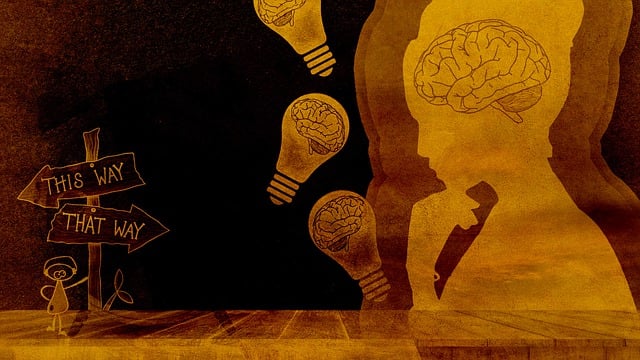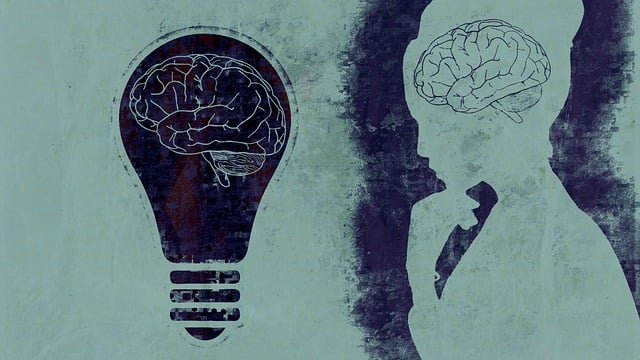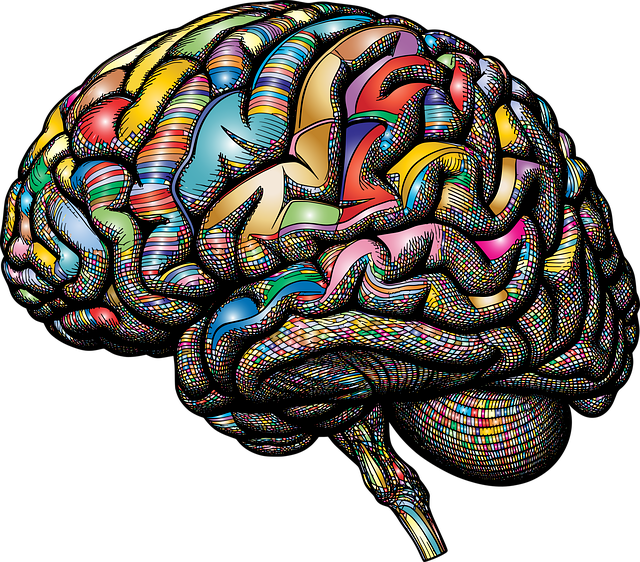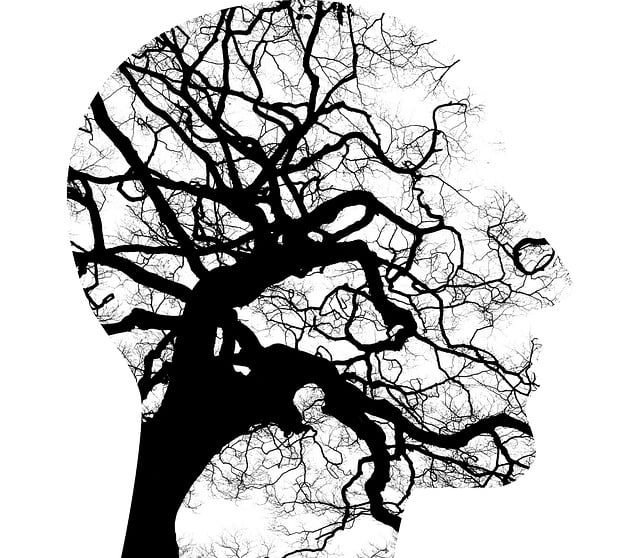Evaluating tailored therapy programs for elderly divorcees is key to understanding their impact on mental wellness. By combining quantitative data (pre-post surveys) with qualitative insights (interviews, focus groups), researchers can show how therapy improves confidence and resilience, aiding emotional well-being management. Effective evaluation methods go beyond traditional surveys, tracking changes in daily routines and self-care practices for nuanced understanding. Integrating these approaches ensures holistic assessment and tailored support strategies for lasting positive changes among elders going through divorce (Therapy for Elders Divorce). Prioritizing robust feedback mechanisms, open communication, and burnout prevention enhances both patient and caregiver mental wellness, leading to improved program outcomes and sustained impact.
Mental wellness program evaluation is crucial in understanding the impact and effectiveness of interventions, especially for vulnerable populations like elderly divorcées. This article explores three key methods to assess the success of therapy programs.
First, we delve into the assessment of therapy’s impact on the elderly divorcee population, focusing on mental wellness outcomes. Next, we uncover effective evaluation techniques to measure these results. Finally, we highlight the importance of feedback mechanisms in enhancing program continuity and driving improvements.
- Assessing the Impact of Therapy Programs for Elderly Divorcees
- Effective Evaluation Techniques: Measuring Mental Wellness Outcomes
- Enhancing Program Continuity and Improvement through Feedback Mechanisms
Assessing the Impact of Therapy Programs for Elderly Divorcees

Evaluating the effectiveness of therapy programs tailored for elderly divorcees is a critical step in understanding their impact on mental wellness. This demographic often faces unique challenges, including adjustment issues, loneliness, and increased stress due to life transitions. Therefore, assessing the success of these interventions requires a comprehensive approach.
One way to gauge the benefits is by measuring changes in key areas such as emotional well-being, social integration, and coping strategies. Pre-and post-program surveys can be used to track improvements in symptoms related to anxiety and stress reduction methods. Additionally, interviews or focus groups with participants can provide qualitative insights into how therapy has boosted their confidence and overall mental resilience. By combining quantitative data with personal testimonials, researchers can gain a deeper understanding of the program’s effectiveness in assisting elderly divorcees in managing their emotional well-being.
Effective Evaluation Techniques: Measuring Mental Wellness Outcomes

Effective evaluation techniques are crucial for measuring mental wellness outcomes, especially when addressing unique challenges like therapy for elders going through divorce. Beyond traditional surveys and interviews, innovative methods can capture nuanced improvements in emotional well-being promotion techniques. For instance, tracking changes in daily routines and self-care practices provides tangible insights into an individual’s mental wellness journey.
By integrating these approaches, evaluators can assess progress holistically, considering both qualitative and quantitative data. This comprehensive perspective allows for a more accurate understanding of the impact of interventions aimed at enhancing mental wellness, particularly in vulnerable populations like the elderly navigating divorce. Such techniques ensure that support strategies are tailored to meet individual needs, fostering lasting positive changes.
Enhancing Program Continuity and Improvement through Feedback Mechanisms

Effective mental wellness programs recognize that continuous improvement and longevity rely on robust feedback mechanisms. By integrating systemic feedback processes, organizations can better understand the needs of their participants—especially vulnerable populations like elders going through divorce. This data-driven approach enables adjustments to be made, ensuring the program remains relevant and impactful over time. For instance, regular client feedback sessions or surveys can unveil areas where support is lacking or additional resources are needed, directly informing future iterations of the therapy for elders divorce support.
Moreover, fostering an environment that encourages open communication between participants and healthcare providers is vital. Burnout prevention strategies for healthcare providers should be at the forefront, as these professionals play a pivotal role in delivering quality care. By prioritizing burnout prevention and incorporating depression prevention measures, the overall mental wellness of both patients and caregivers can be enhanced, ultimately leading to improved program outcomes and longevity.
Evaluating mental wellness programs, such as therapy for elderly divorcees, is vital for understanding their effectiveness and making informed improvements. By employing robust assessment methods like those discussed in this article—from measuring specific mental wellness outcomes to implementing feedback mechanisms—we can enhance the continuity and overall quality of care. These strategies not only ensure that programs are meeting the unique needs of this demographic but also foster a more supportive and adaptive environment, ultimately improving their well-being.

